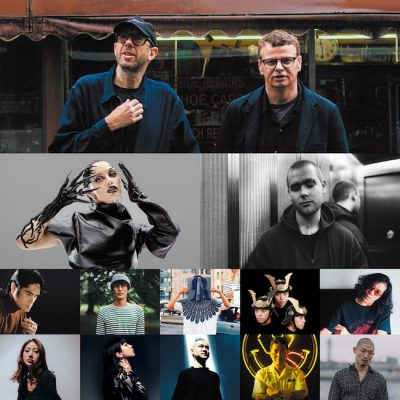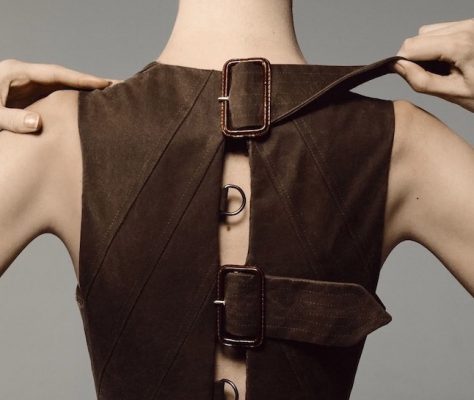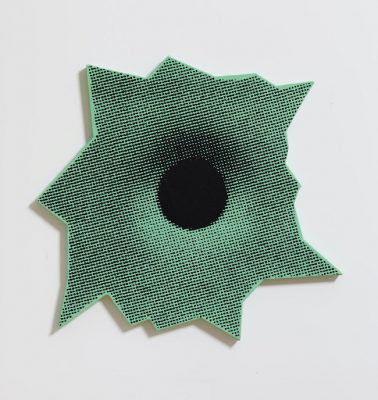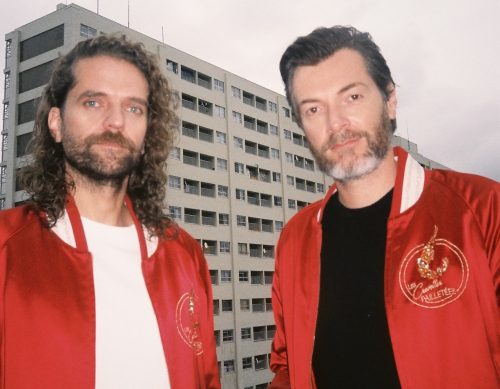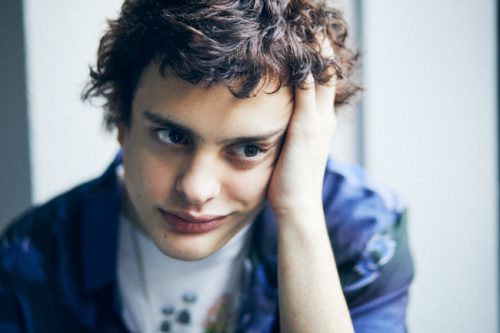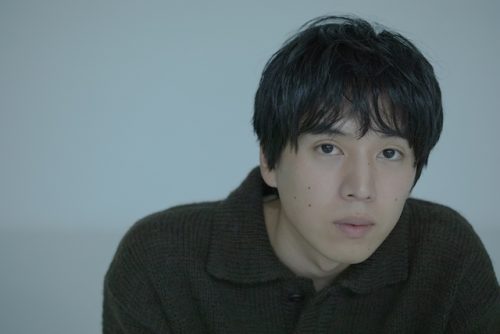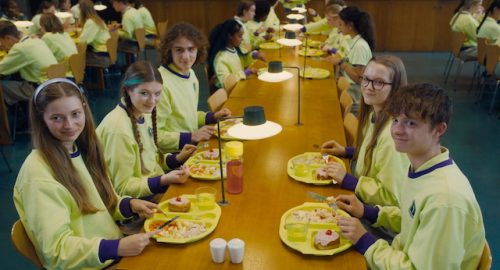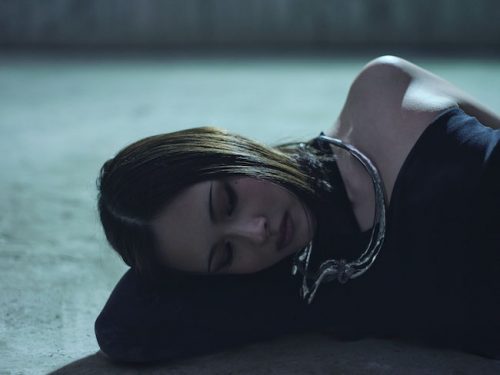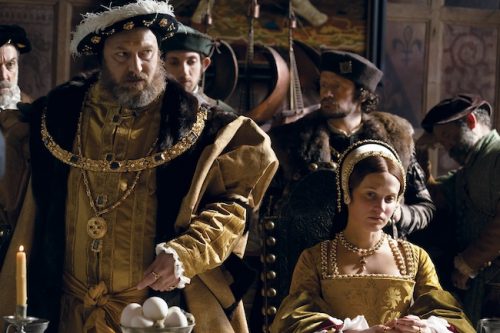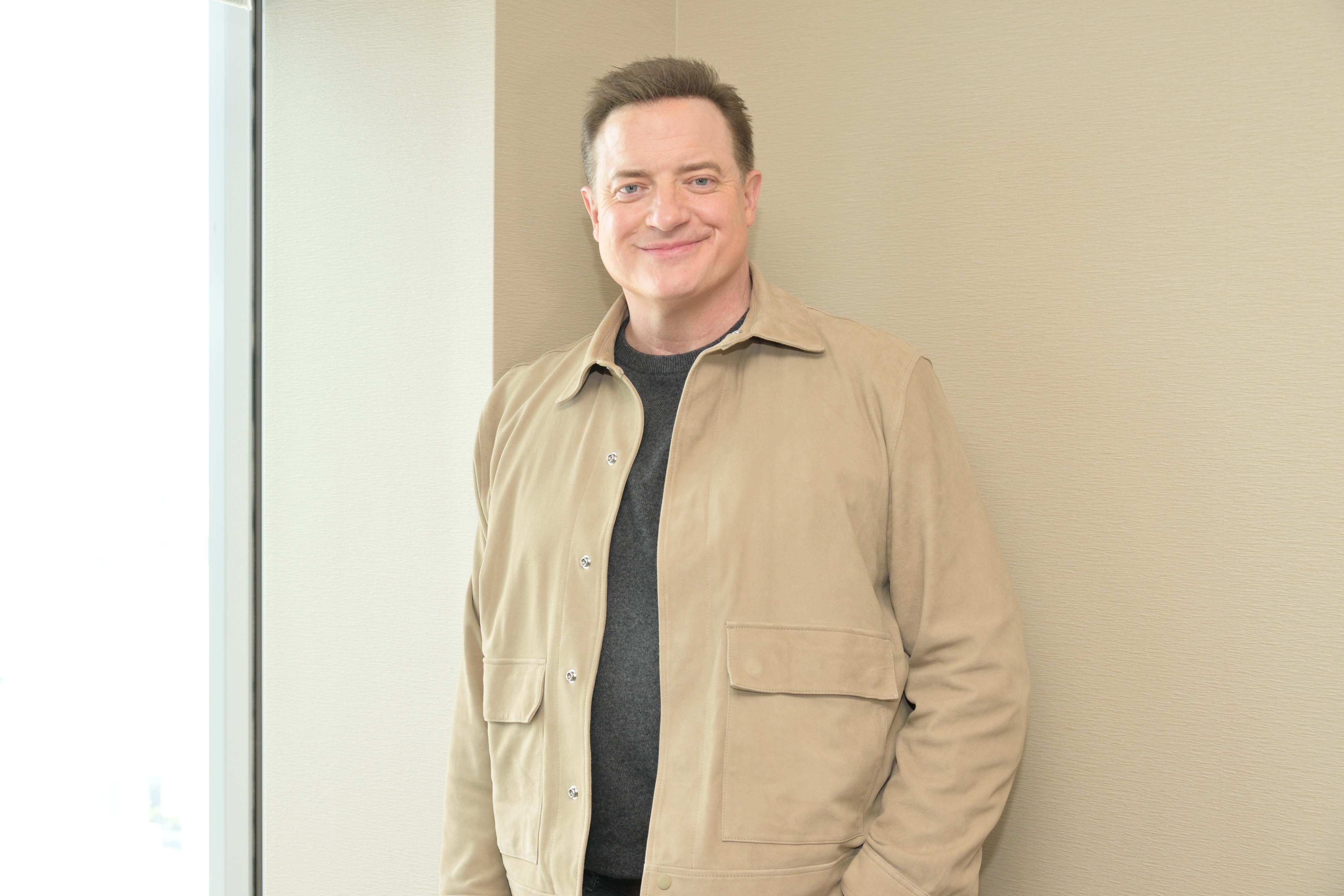
――Welcome back to Japan!
Brendan Fraser: It’s been a minute. Just 15 years [laughs.]
――How do you feel to be back? Your fans are so happy to have you again.
Brendan Fraser: I’m really happy. Thank you.
――First of all, congratulations on the Oscar win! I cried so much watching the ceremony this year. First, Ke Huy Quan made me cry, then you did, and finally, Michelle Yeoh. I’m so happy for all of you. It must have been like a reunion for you in a way?
Brendan Fraser: It felt like it. It was nice to see Michelle again. She became a very good friend to me when we made the funny Mummy movie, the third one [The Mummy: Tomb of the Dragon Emperor.] And to see Ke again, it was very special because he and I were in “Encino Man” 30 years ago. We hadn’t seen each other in 30 years, so to see him again was so delightful. We were like, “Hey, look, we’re still here. Look at us!” He’s just such an infectious guy. I hope you get to meet him some time.
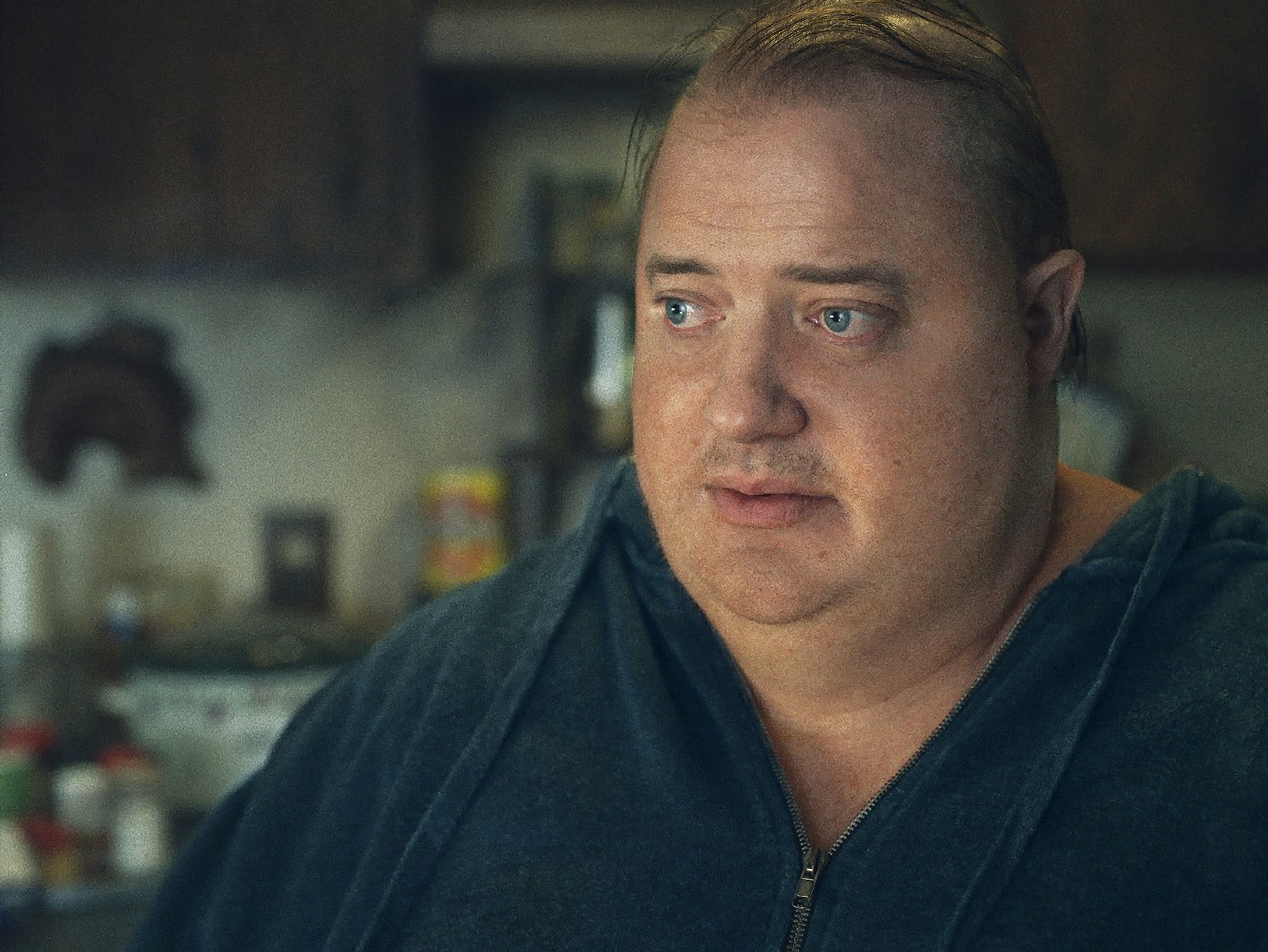
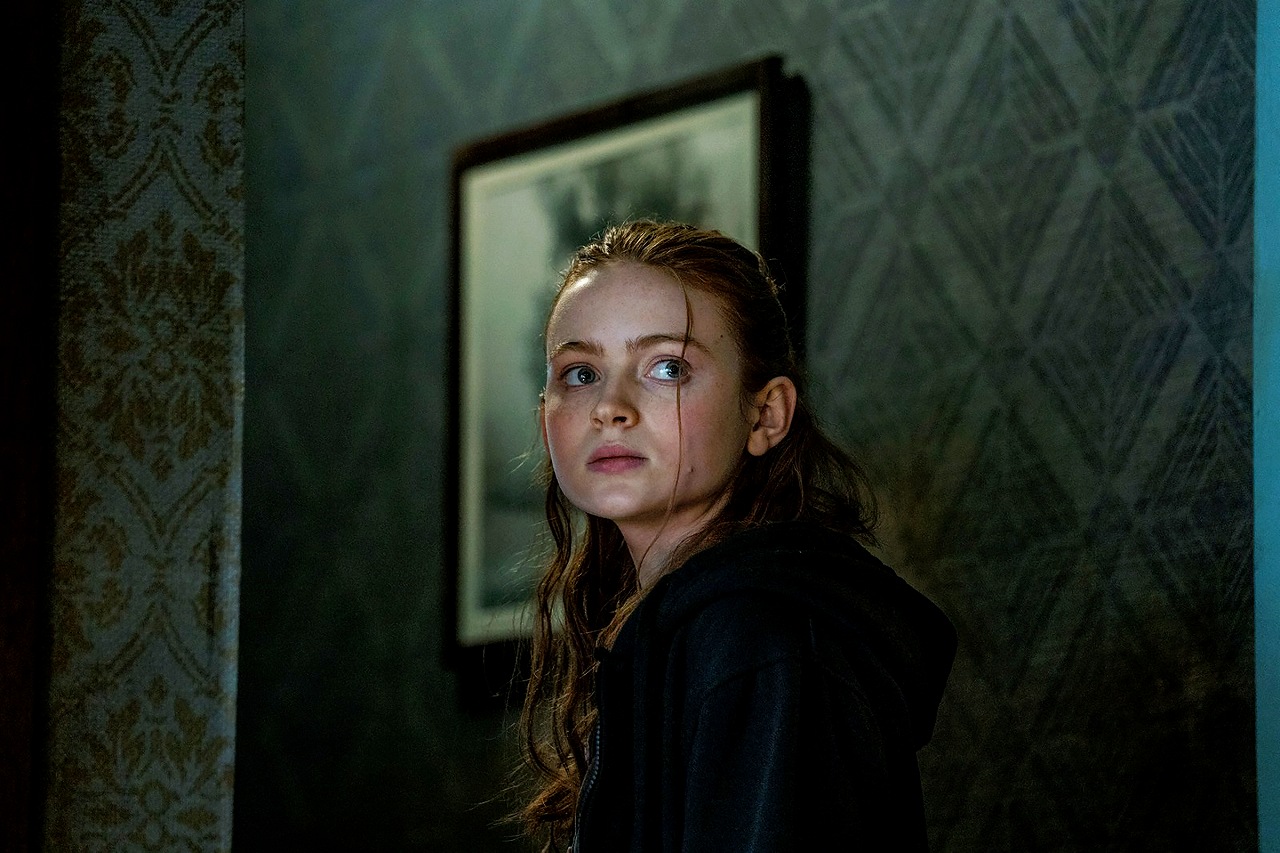
――“The Whale” is such a beautiful, inspiring film. How did you get on board?
Brendan Fraser: When I got the call from Darren [Aronofsky, Director] that he was going to make a movie, the word on the street was that he was looking to cast a part of a man who had a considerable weight issue. He had been harming himself by overeating for a long time and he lived alone. And he had regrets because of some family circumstances that led to him being estranged from his daughter, and he wanted to reconcile with her. That’s about all I knew. I didn’t see the script or anything. So I met Darren just knowing that little, but I felt a little bit of… Well, not a little bit, I’ll admit to maybe a larger portion of creative intimidation, I guess. Darren is a pretty formidable filmmaker and I’ve been an admirer of his since he did “π.” So I felt my own insecurity like, Oh, I’m not cool enough, I’m not smart enough, I’m not hip enough. But then I learned of course, he’s a gentleman and a little bit of a nerd at the same time [laughs.] And he’s really a great guy, too, who has vast knowledge of cinema. As a director, he’s just among the best. He collaborates with people who are really very talented and to be included in that was a privilege, clearly. But I didn’t know if I had the job at first for quite a while because COVID was happening.
――When did you find out that you were playing Charlie?
Brendan Fraser: So one November morning, I got a text message from him. I can’t remember what he said, but he was sending me a hyperlink to watch a documentary. He sent me some literature, research material basically, just right away. I was like, what is this? Am I hired? And he said, “Yes, you’re hired! Now get to work!” He’s the kind of person who starts a conversation right in the middle and skips the pleasantries at the beginning [laughs.]
――I read that it took Darren Aronofsky 10 years to find the right actor for the role of Charlie.
Brendan Fraser: “The Whale” was a stage play originally, Off Broadway, where he saw it in 2012. He optioned it from Sam Hunter and they began to develop it. And over those 10 years, as he says on his schedule, he was looking to find whoever was going to be Charlie. He looked at everyone that suited his requirements, but he didn’t find what he was looking for. So I guess I’m making myself to be the happy ending to his story by saying until he met me [laughs.]
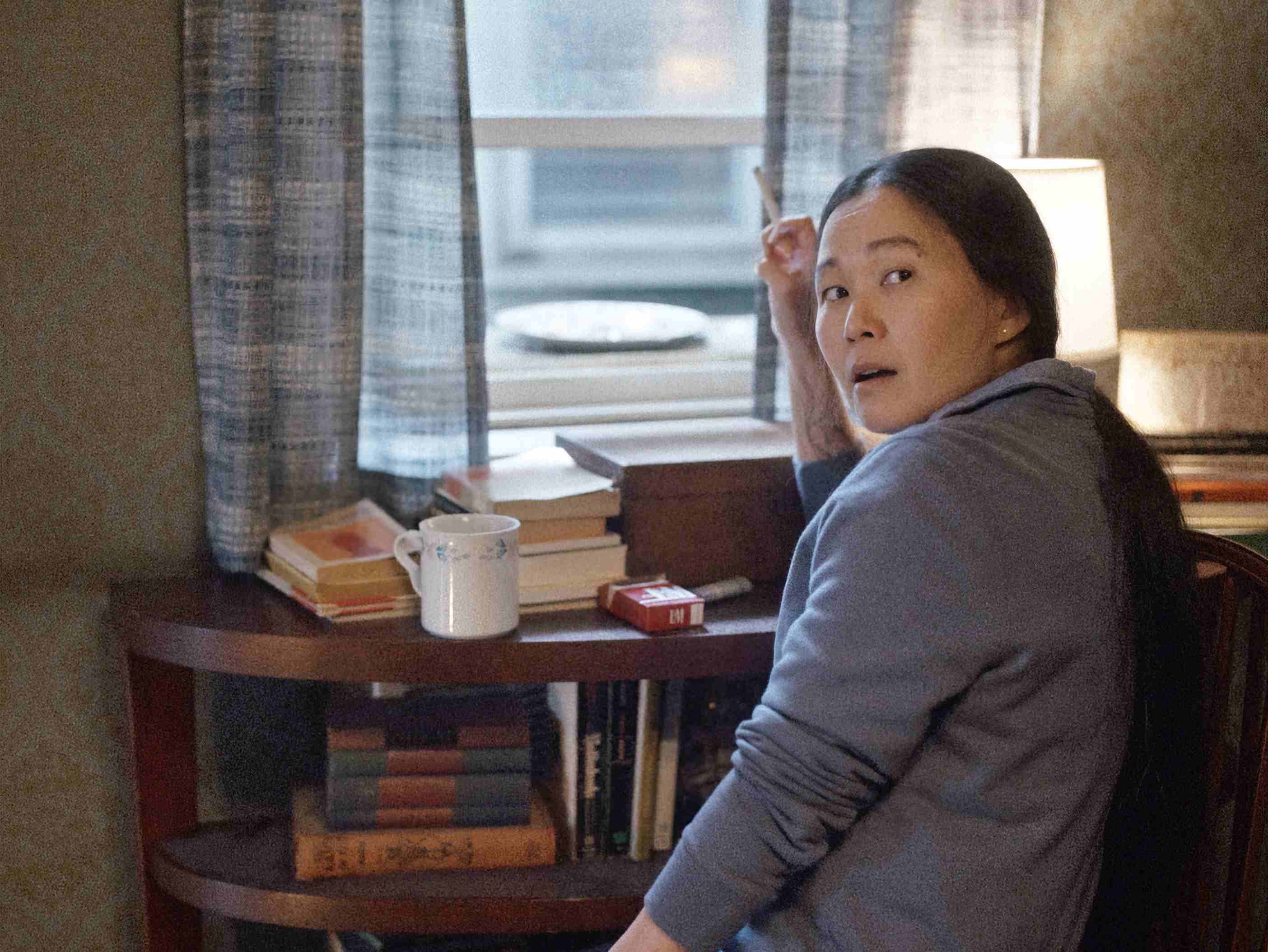
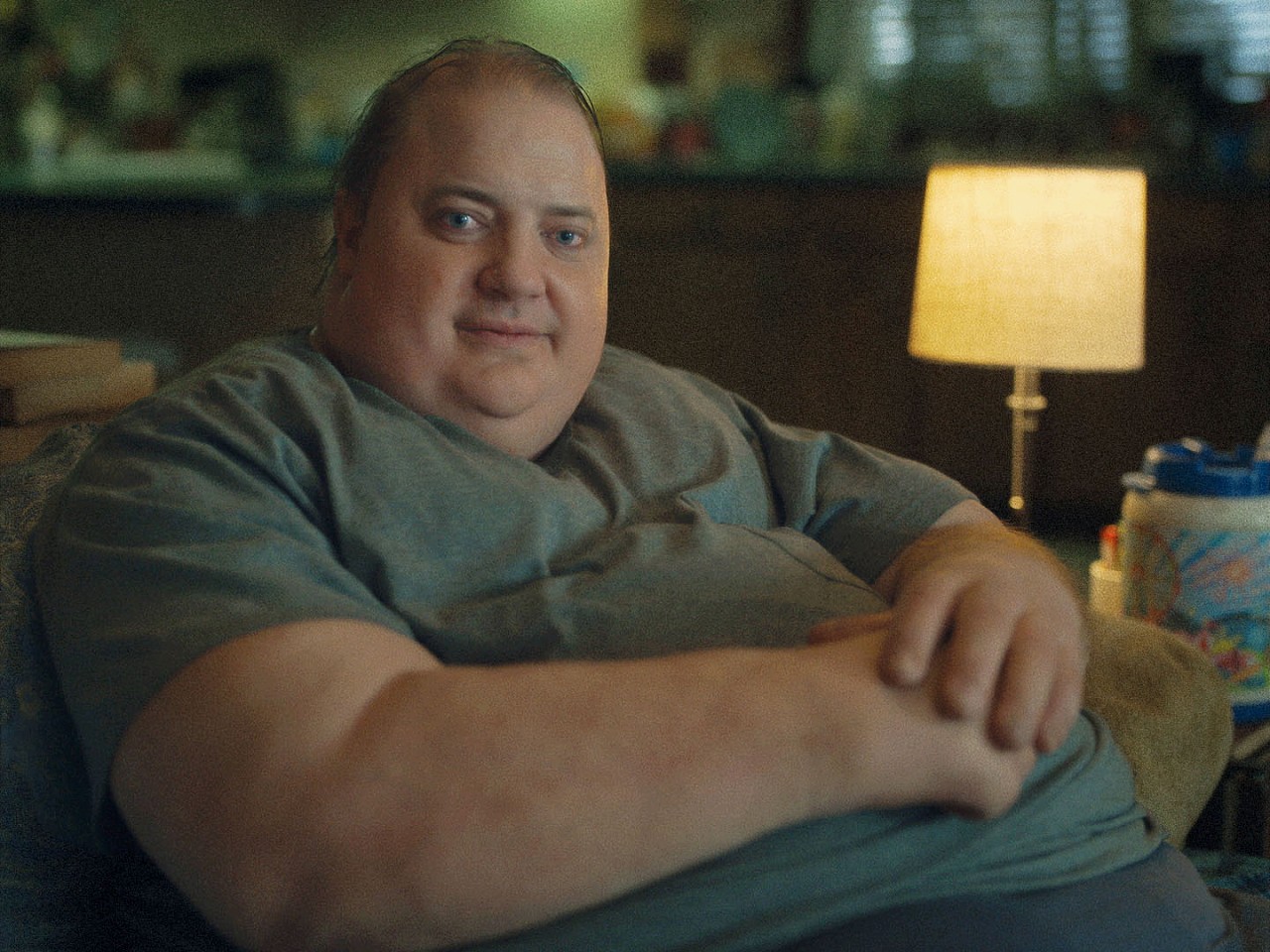
――Charlie is obviously not an easy role to play in many ways. How did you prepare for the role?
Brendan Fraser: Darren had been very forthcoming with me about how we’re going to create this man, and it meant transformational prosthetic makeup. He was like, “Look, it’s going to be uncomfortable, it’s going to be very heavy. You have to wear it all day for hours and hours.” We got down to three and a half to about four hours to get into it the morning and about an hour to get out. Anyway, these are just the requirements of playing the part and I’m on board for all of that. To me, that’s just marching orders. I had that. I love the craft. I love makeup, I love costuming, I love the people who are so creative. And to create all this, it doesn’t take just one person, it takes many people to do this right. So my job was to invest in the role as authentically as I could, as honestly as I could.
――Charlie is in a really difficult situation, but he is such a charming, lovable guy.
Brendan Fraser: It sounds a little bit woo-woo actor-y, but Charlie was a friend. When I read this, I thought that I know this guy. I mean I never met Charlie, but he’s a composite or an amalgamation of mentors I have had, educators, friends, directors. I think that he’s a character that we all identify with, like we all know a Charlie. Somebody who is hopelessly optimistic, in spite of the fact that he’s got so much in the world against him. But he cares about other people. And he has a secret superpower, which is that he can bring out the good in others. Tragically, he can’t do it for himself, but that’s where Sam Hunter’s teeniest of the conceit comes right there.
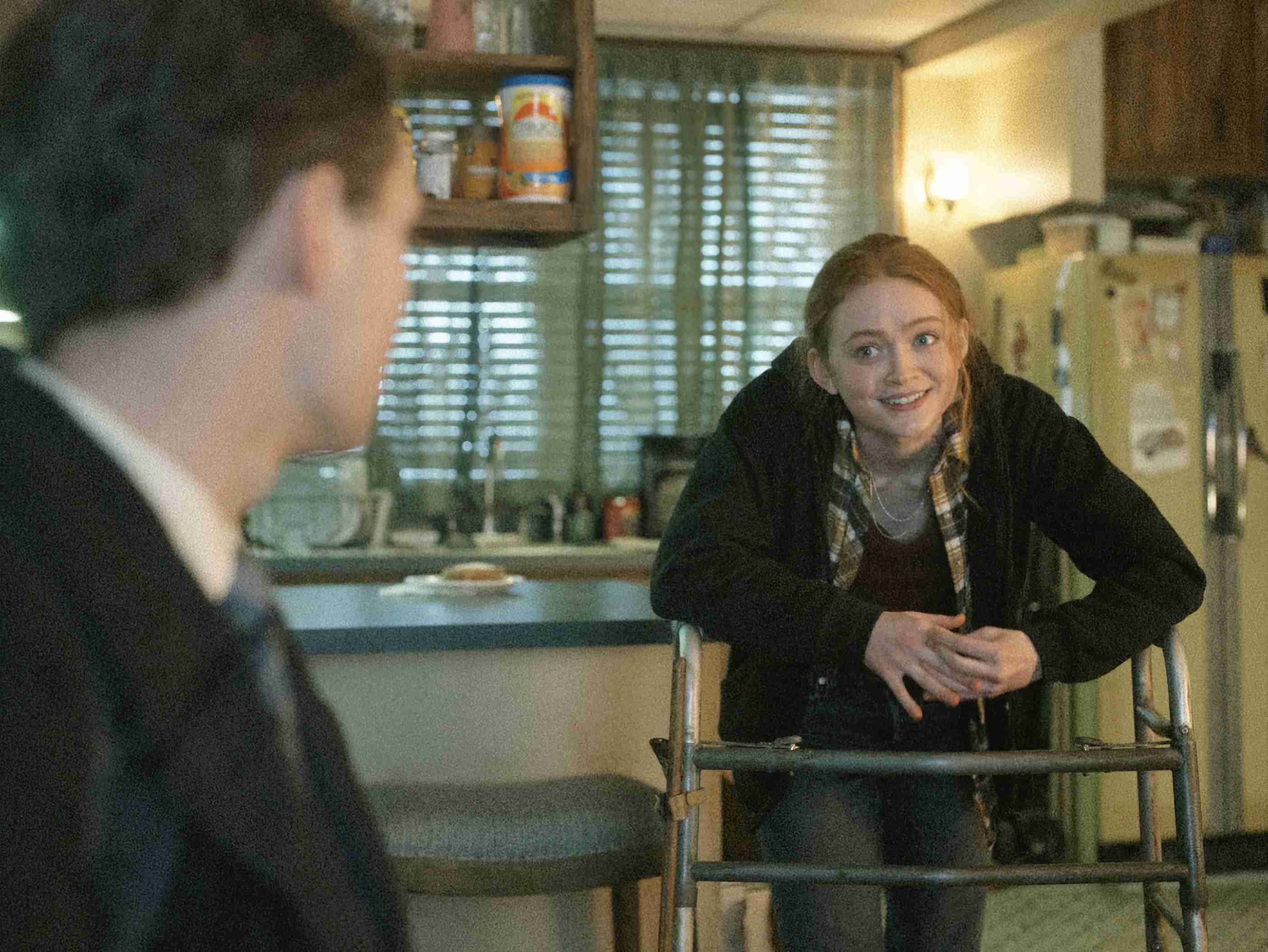
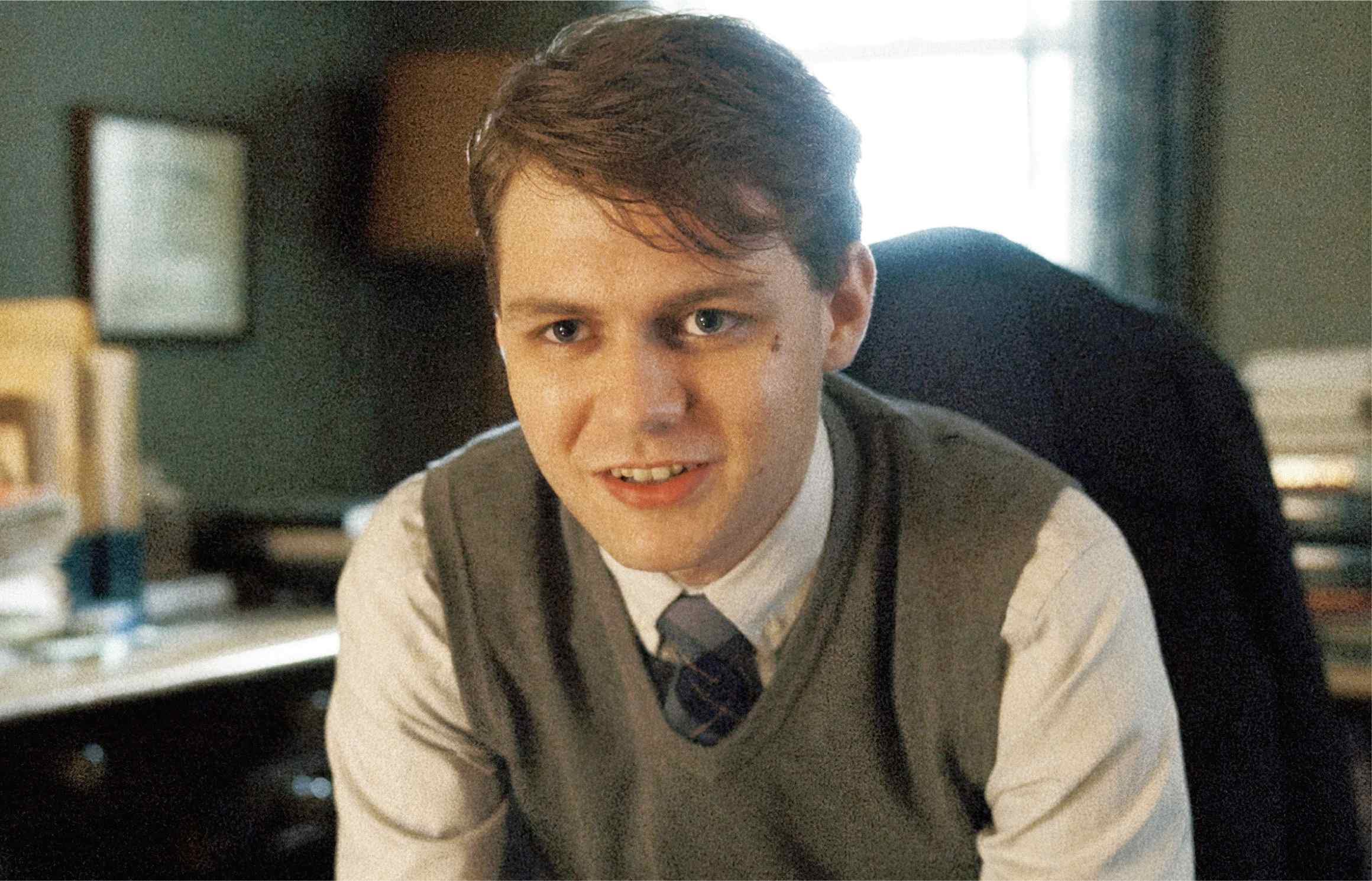
――It’s based on Sam Hunter’s own experience, right?
Brendan Fraser: In a way. I can’t answer for Sam, but he knows what he was talking about when it comes to the religion, when it comes to the issues of obesity. He knows what it’s like living in a small town in Idaho. All of that definitely informed this film.
――Is there anything that Sam was particular about for you to play Charlie?
Brendan Fraser: I learned this after we did it. In all of the stage productions, and there were hundreds of them, he told me that all the actors who played Charlie on stage, they had a different point of attack on the character. And it might have been because it was for a presentational theatrical experience, but there’s something that he always wanted that he said he didn’t get, which is this feeling of trying to use empathy and humanity. The actors who played him before me, they had anger or hostility as their point of departure to play the role. And it’d never occurred to me, but I always thought that this is a man who loves his daughter. He doesn’t know how to make amends with her until it’s too late, and that’s the beauty of the tragedy of the story.
――How was Charlie described in the script?
Brendan Fraser: Sam always saw this character as he described him, a lighthouse in a dark sea. His apartment is the dark sea and he’s that beacon, but really only at the end of it. From a cinematography standpoint, if you were to speed the film up from start to end, you’d see that it goes from darkness to absolute bright. It’s a cinema trick to have a blank white screen because it fills the audience and they can suddenly see each other. It has this effect which is important because of the emotional climax that it comes to. Audiences are having this catharsis together. Of the audiences I’ve sat with, unless you have a heart of stone, most everyone is moved, if not extremely moved. What was the reaction at the screening room like in Japan? I know you’re supposed to say nice things about the movie, but really, how did audiences respond to this film?
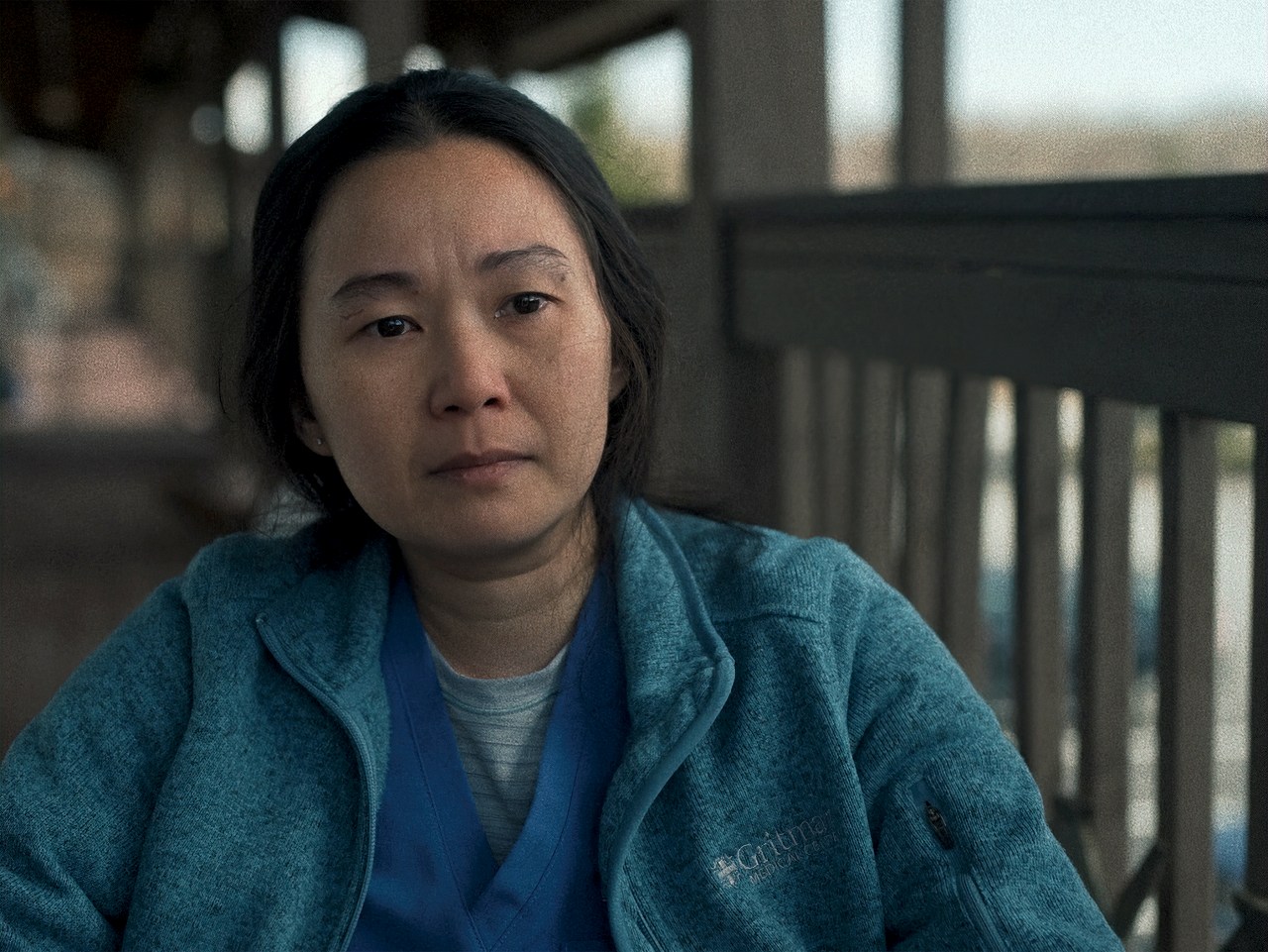
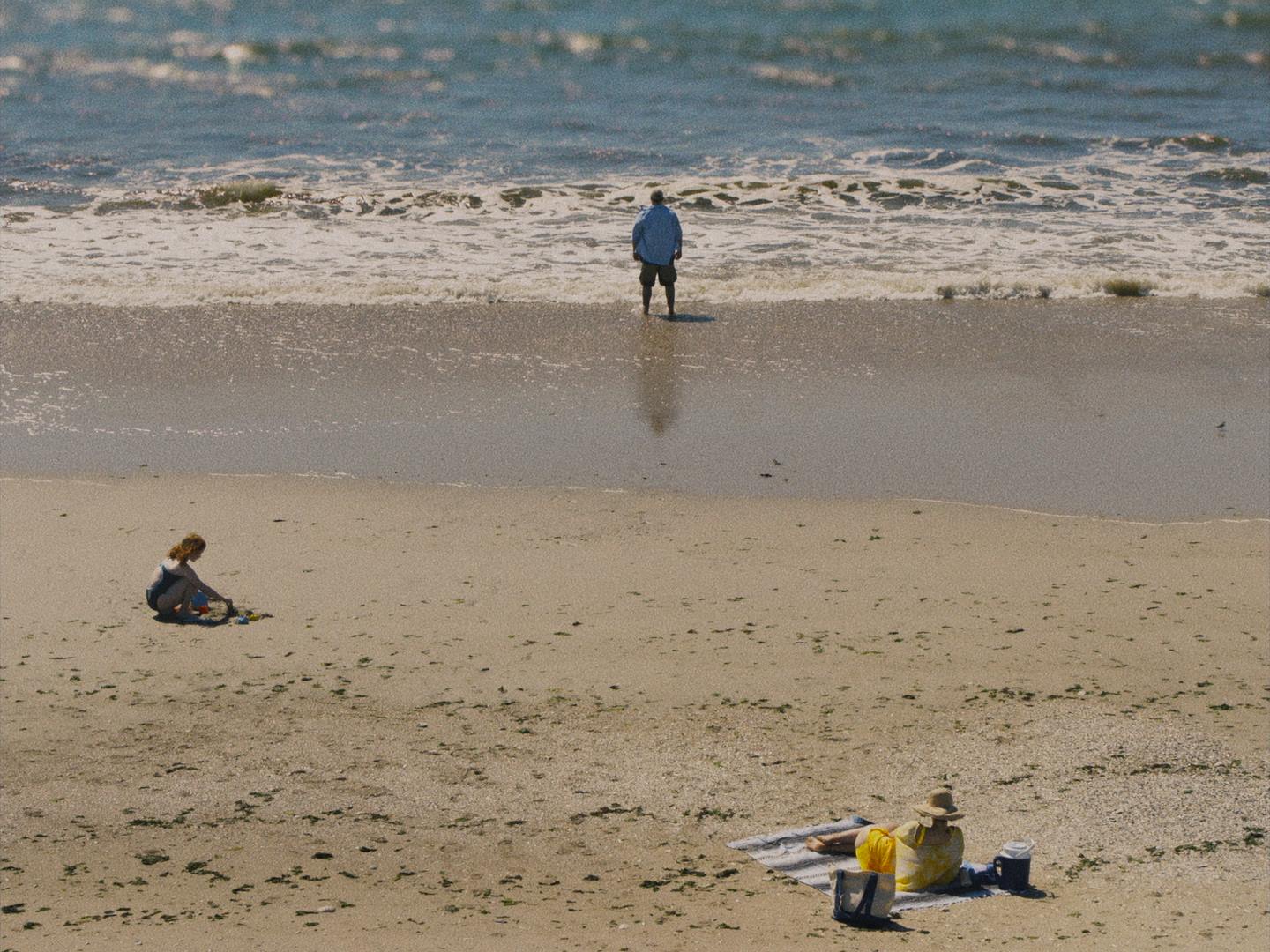
――When I saw it, I think everyone was getting really emotional at the end.
Brendan Fraser: But why? I’ve seen that from audiences all across the United States, Canada, England, everywhere we’ve gone. It’s been a similar response. And I’m still trying to understand what it is about this movie.
――It’s so universal. No matter what culture you are from, we all share that feeling.
Brendan Fraser: It has to be that. I don’t know the answer, that’s why I’m asking you [laughs.] I’m keen to find the answer. Maybe I won’t. But in my life, I hope that this movie keeps living up to what it does for people.
――I know you’ve already accomplished so much, though how would you like to evolve as an actor in the future?
Brendan Fraser: I want to do work that I really care about. I care about “The Whale.” I’m not saying I didn’t care about all the things that I’d done before this. I just care about this one more than some of the things that I’ve done before this, and those are great [laughs.] Going forward, I think it’s important to have a connection with material, if you can find it, to do something that’s meaningful and lasting. And if you’re lucky, you’re able to evoke a sense of change in people. Because not everybody who comes to see this movie walks in the door. Maybe they heard something about it, that’s a guy, he’s overweight… People dismiss people very easily in our world.
――Sadly.
Brendan Fraser: Sadly. But this is a story of hard-won hope. And it’s a movie that is specifically for those people who would think that the title of this movie, “the Whale” is a pejorative joke. Because I guarantee, I have not yet to see anyone come and say, “I feel the same way I did when I walked in the door and when it was over.” People have had a change of heart. And furthermore, this is a movie that I’ve been told by our advisors at the Obesity Action Coalition that it would save lives. It will, this character Charlie will save someone’s life.
――I hope that it happens in Japan as well and it creates a lot of conversation.
Brendan Fraser: That warms my heart. I’m very pleased to hear you say that. That means a lot to me. Thank you.
――Thank you so much for sharing your beautiful art with us. I really hope that we see more of you in the future.
Brendan Fraser: I’m not going anywhere! I’d been away long enough, I’m back now. You can’t get rid of me that easy [laughs.] Nice try!
text nao machida




